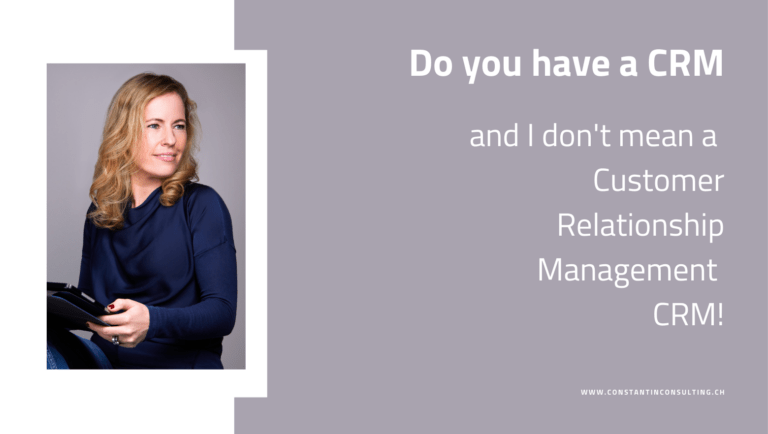As anybody who is involved in it knows, the hiring process can be littered with challenges, little and big alike. Especially around the middle of the process, when you are actively interviewing. Qualified candidates sometimes drop out, for no discernible reason – or so you think. Feedback to rejected candidates often takes a back seat.
And then there’s this “candidate relationship management” – excuse me, candidate WHAT? And that’s supposed to help improve the candidate experience and strengthen employer branding?
Decoding the candidate relationship management mystery
Plenty among us individuals involved in the hiring process are not-so-familiar with the term, and that says a whole lot. So, let’s take a closer look at the concept. It includes the term “candidate” for one, which makes sense, considering the context.
But that word is closely followed by “relationship”, and “management” indeed, and that’s were things get a little trickier. Relationships are interpersonal in nature, and require effort from all sides. That means that, if what you want is to avoid candidates dropping out mid-way into the recruitment process, nurturing (and communicating with) them is going to be key. More on that later.
The final but – attention – crucial word in CRM is “management”. This implies a need for planning and tracking as well as expectation management.
So, what is the goal of CRM?
Central to the concept is the idea of communication and management. Good CRM means nurturing the relationship with the candidate. It helps to think of candidates as “customers”. Ensuring that candidates receive timely information throughout the process for instance is sure to reduce dropouts. They will feel valued and engaged instead of ignored.
It also extends into past the active recruitment process. This means that when the inevitable rejections do happen communication with the candidate is both transparent and value-adding, e.g. by suggesting areas for improvement or sharing future opportunities.
But it also works vice-versa: What could you have done better? Where did communication fail and transparency hamper? Could the process have been explained more clearly? Candidates are a valuable source of data that should be leveraged.
Employer Branding and Candidate Relationship Management
And then there’s employer branding. The importance of good CRM to candidates cannot be underestimated. Creating a positive employer brand experience directly influences how your employer brand is being perceived (and talked about!).
It effectively binds candidates to your company as it keeps them engaged throughout the recruitment process – and beyond. But how do you get there?
CRM systems are here to help
Thankfully, there are plentiful systems that can be used to help facilitate this process. Recruitment CRM programs are similar to traditional customer relationship management software in some ways, but are specifically tailored for recruitment.
They can, in addition to helping to nurture relationships with active candidates, be used to create a dependable talent pool of passive candidates. And that talent pipeline is sure to pay off the day a position needs to be quickly filled.
An added benefit is that it improves workflow by automating most time-consuming manual input. And, lastly – If you are not a lone dog recruiter, it also facilitates the sharing of important candidate data with your team. Win-win!
Remember, good candidate relationship management and a positive employer brand go hand in hand.
What are you waiting for?





